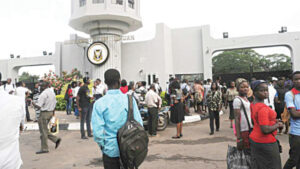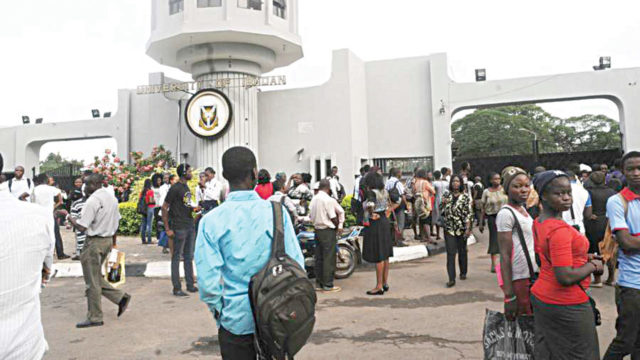The Nigerian government has made a significant move to improve electricity in the country. Through the Rural Electrification Agency (REA), they have installed power plants in six federal universities. This aims to provide reliable electricity to important parts of society.

The six universities benefiting from this project are:
University of Abuja
University of Maiduguri
Michael Okpara University of Agriculture, Umudike
Federal University Gashua, YobeF
Federal University of Agriculture, Abeokuta
Nigerian Defence Academy, Kaduna
The REA’s Managing Director, Abba Abubakar Aliyu, recently met with the Minister of Finance, Wale Edun, to share the agency’s achievements. Aliyu presented photos of new power plants and highlighted the agency’s progress in bringing electricity to rural and underserved areas.
Minister Edun praised REA for its excellent work, stressing the importance of electricity for Nigeria’s economic growth and development. He believes that more people should know about REA’s positive impact on communities.
This project matters for several reasons:
Better education: Reliable electricity in universities means better learning conditions for students.
Economic growth: When rural areas have power, they can participate more in the national economy.
Job creation: New power plants create jobs and business opportunities.
Improved quality of life: Consistent electricity improves daily life for many Nigerians.
REA’s work goes beyond just providing electricity; it’s about creating opportunities for growth and development across Nigeria. By bringing power to areas that didn’t have it before, REA is helping to boost local businesses, improve healthcare services, enhance education, and create new job opportunities.
While this is a significant step, there’s still more work to be done. The government and REA will likely continue to expand these efforts to other universities and rural areas across the country.
The installation of power plants in six federal universities is a clear sign of progress in Nigeria’s electricity sector. It shows the government’s commitment to improving infrastructure and supporting education. As these projects continue, they promise to bring positive changes to many more communities across Nigeria, contributing to the country’s overall growth and development.




